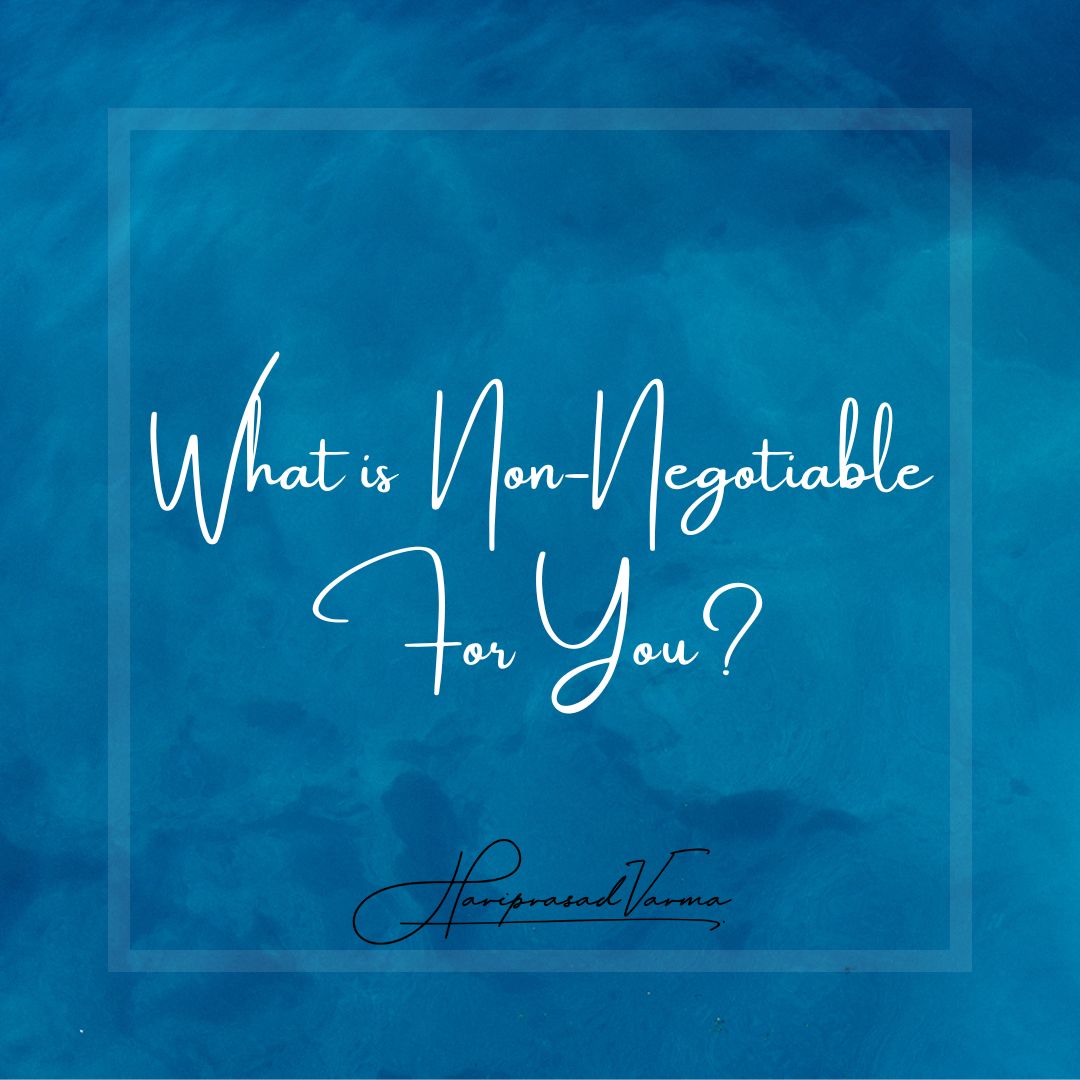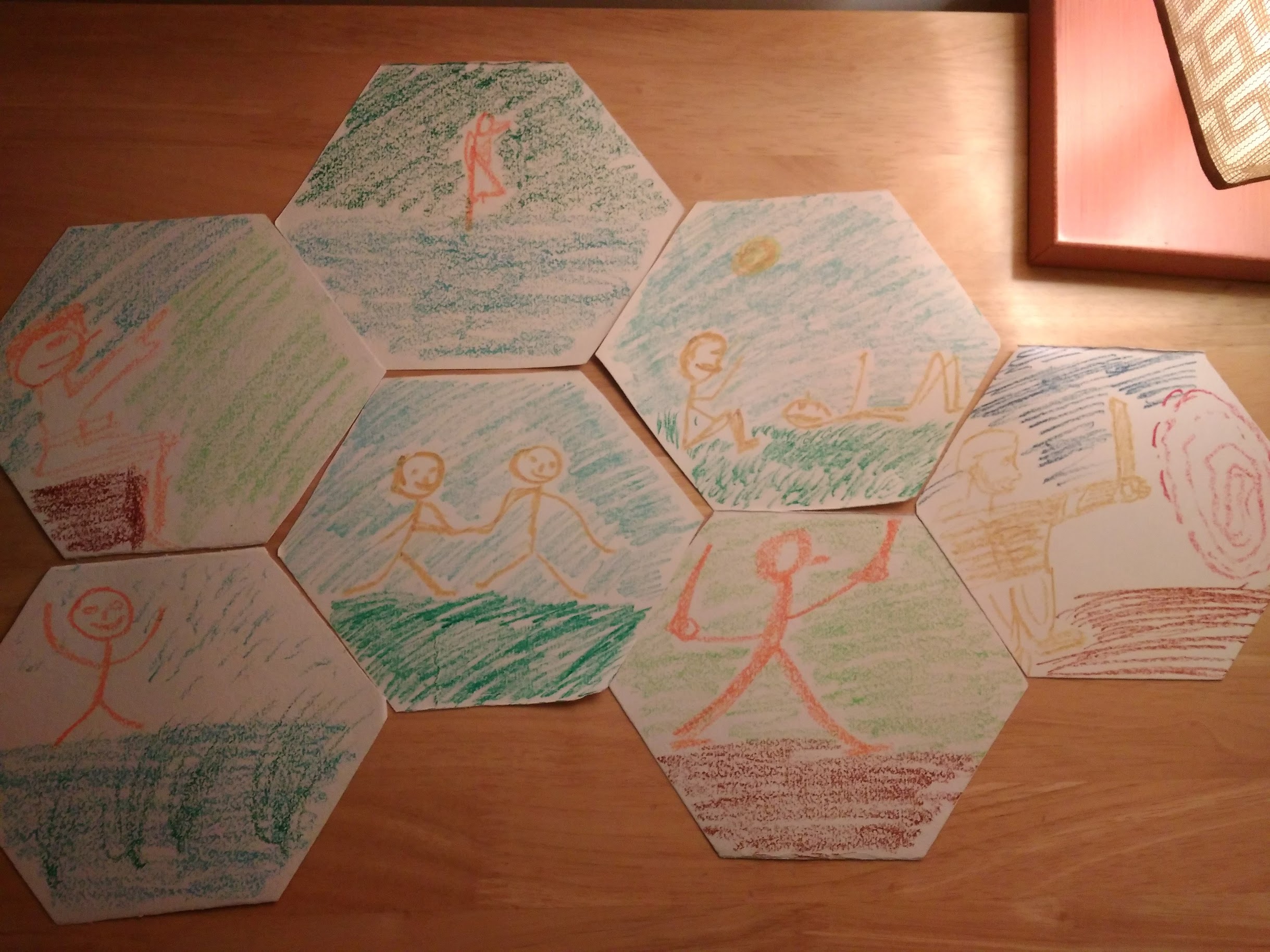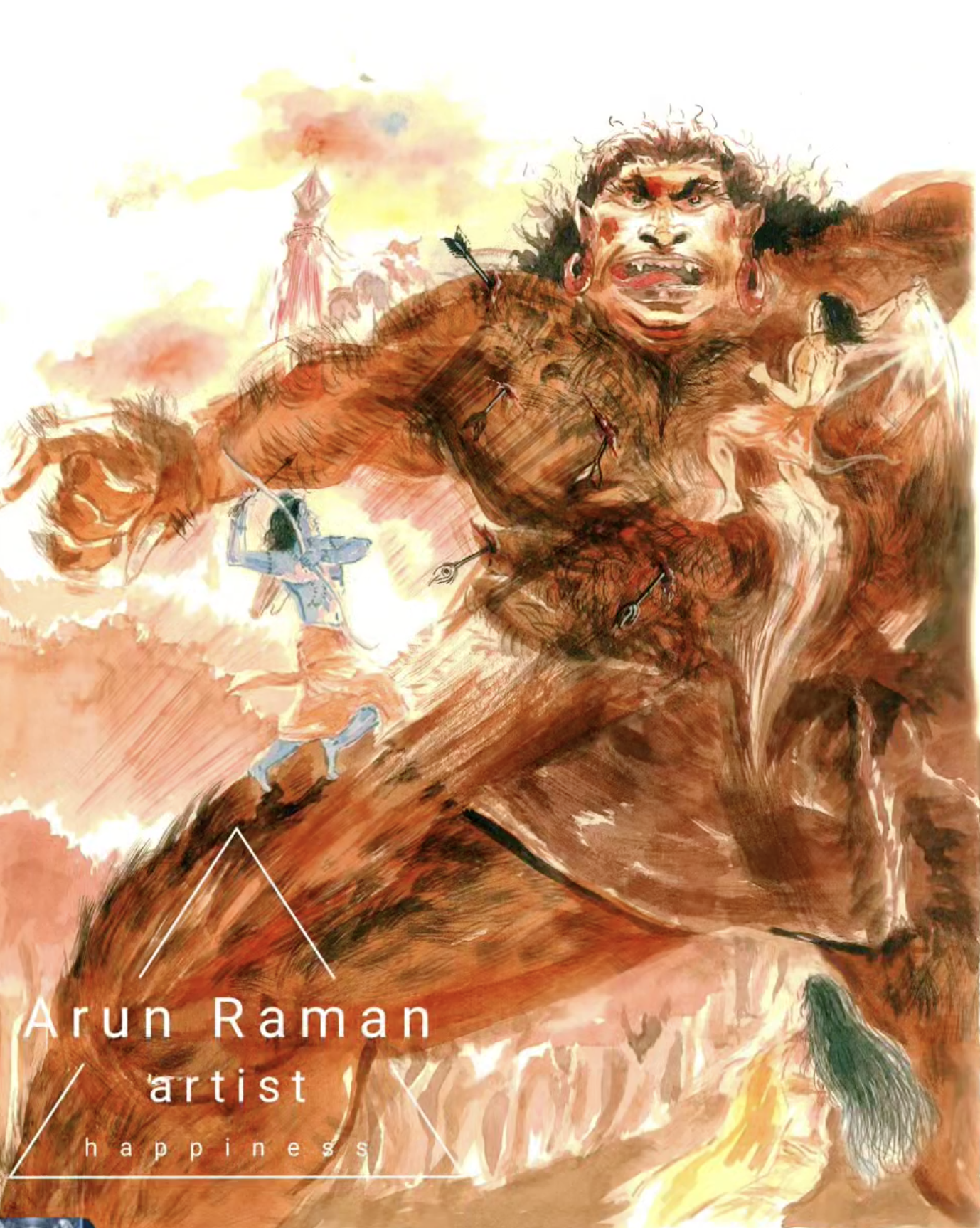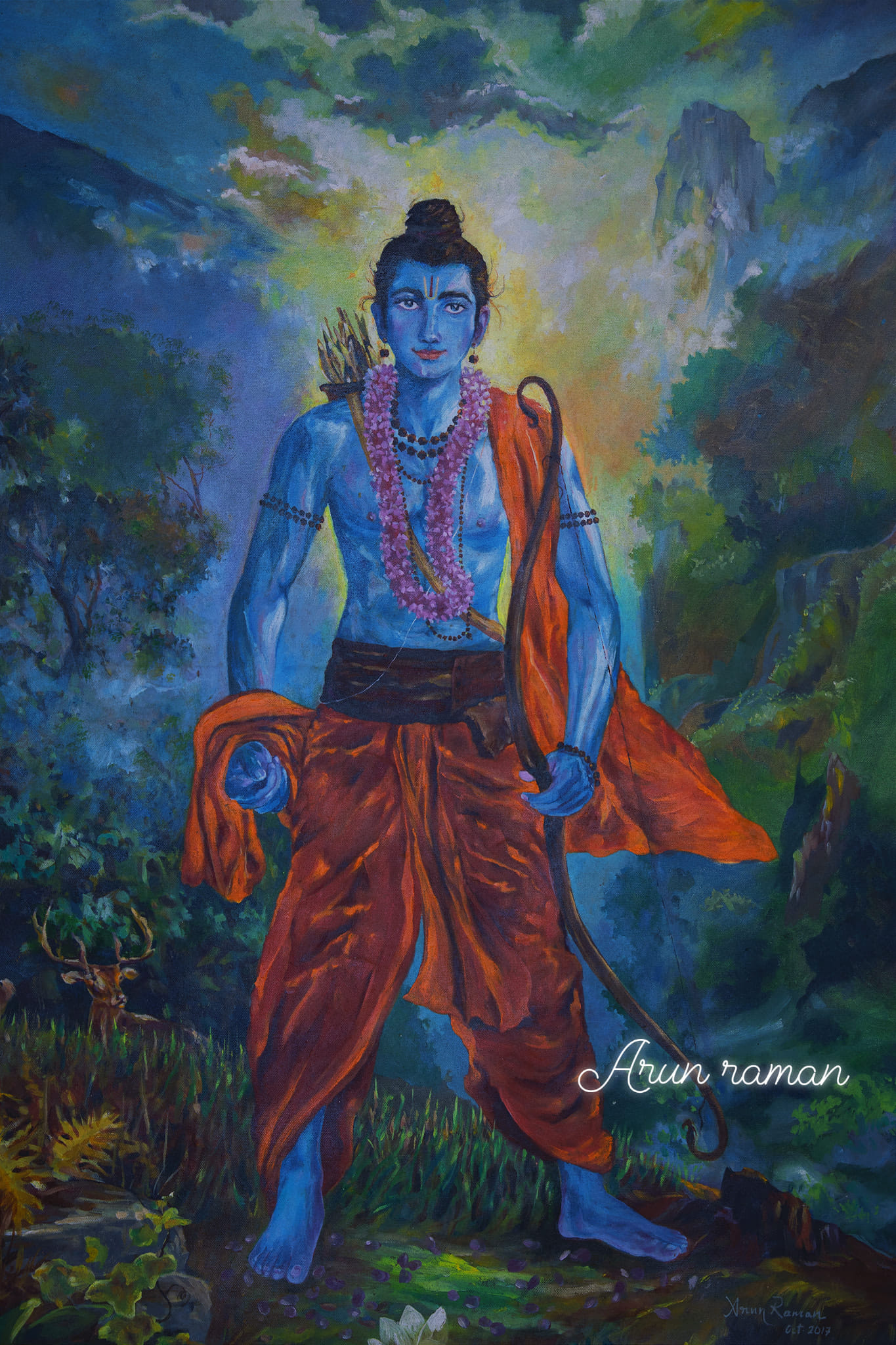The heaviness in the space was palpable, despite the fact that all of us were meeting online from around the world over a Zoom call. As the check-ins began, we could feel it in the words that flowed into the space. The group seemed to have touched something deep and vulnerable in the stories we shared for the third week of the Rāmāyaṇa Exploration*. The incidents around Kaikéyi’s desire to hold Daśaratha to his promises and Rāmā’s touching response to the demands placed on him brought up a lot of powerful questions about relationship dynamics for all of us
Is There A Non-Negotiable For You in Your Life?
We live in a context where the written word carries weight and credibility over the spoken word in most situations. How many of us find it easy to truly trust another person’s word just like that, especially if it involves power, status, or wealth? Do we find it important or non-negotiable to keep a word that we have given to someone no matter what? How does one define the boundaries of what is negotiable and non-negotiable in life? Daśaratha’s dilemma over Kaikéyi’s demand to deliver on the two boons he promised her brought about some of these questions to my mind. The group also mulled over this dilemma with rich and diverse evocations.
This segment of the story took us to a time when trust rested on one’s word. Word itself was an unimpeachable contract. It made sense for a civilisation that thrived as a living heritage through an oral tradition for the longest time. It also brought forth the contrast in the value systems in today’s times and how we hold ourselves true to the promises we make in our own lives. The fundamental question that the group reflected upon was,
“What is it that I hold non-negotiable in my life, no matter what?”
How does this quality show up in my life?
What price do I have to pay to stay true to my deepest convictions in life?
What new possibilities do I experience when I discover the vīryam (courage) to practice this?
What is Dharmic Action For You?
Rāmās unquestioning loyalty to Daśaratha’s promise to Kaikéyi, Daśaratha’s role as a parent, Kaikéyi’s self-preservative action on behalf of her son….all of this brought up questions around what is a Dharmic action to members of the group during the exploration.
The father-son relationship came alive along with the double binds it brings with it. As a father, how does one decide when to speak up and when to remain silent? As a son, what meaning do I make of my father’s silence on some issues? Does it bring about guilt, shame or doubt within me? We also touched on the rage and letdown that one feels when those in positions of power (parent in this case) try to fight their battles using proxies.
Some participants got in touch with the need to act out of self-preservation in life when they entered the world of Kaikéyi’s móham (desires). Fears around how it would be viewed by society or those close to oneself, and the challenge to own up to this need without feeling shameful about it also showed up in the exploration.
What is Your Hook in Life?
We also got in touch with the realisation that each of us has a hook in our lives. For some, it could be a job that one is choosing to continue though it is not giving any happiness. For another, it could be binging on food that one knows is not going to add to their health.
What is my hook that takes away freedom from my life?
I would love to read how you engage with these questions in your life? Feel free to share them via comments or email with me on namaste@hariprasadvarma.com.
*Rāmāyaṇa Exploration Online is a flagship offering of Ritambhara Ashram. I’m co-facilitating the current cohort with Ajay Viswanath.
If you are interested to receive my posts in your inbox, please subscribe to my newsletter at httpss://zenseihari.substack.com.



